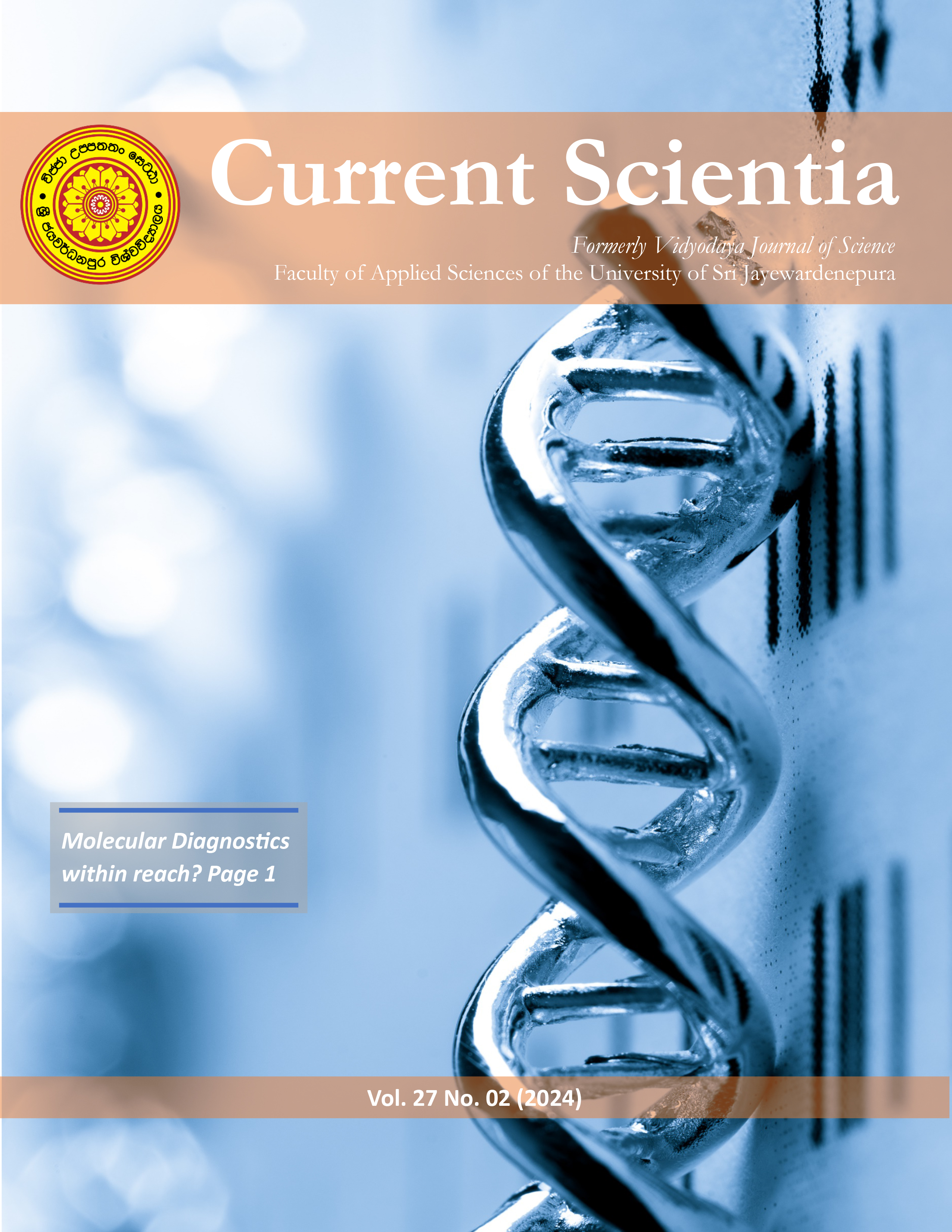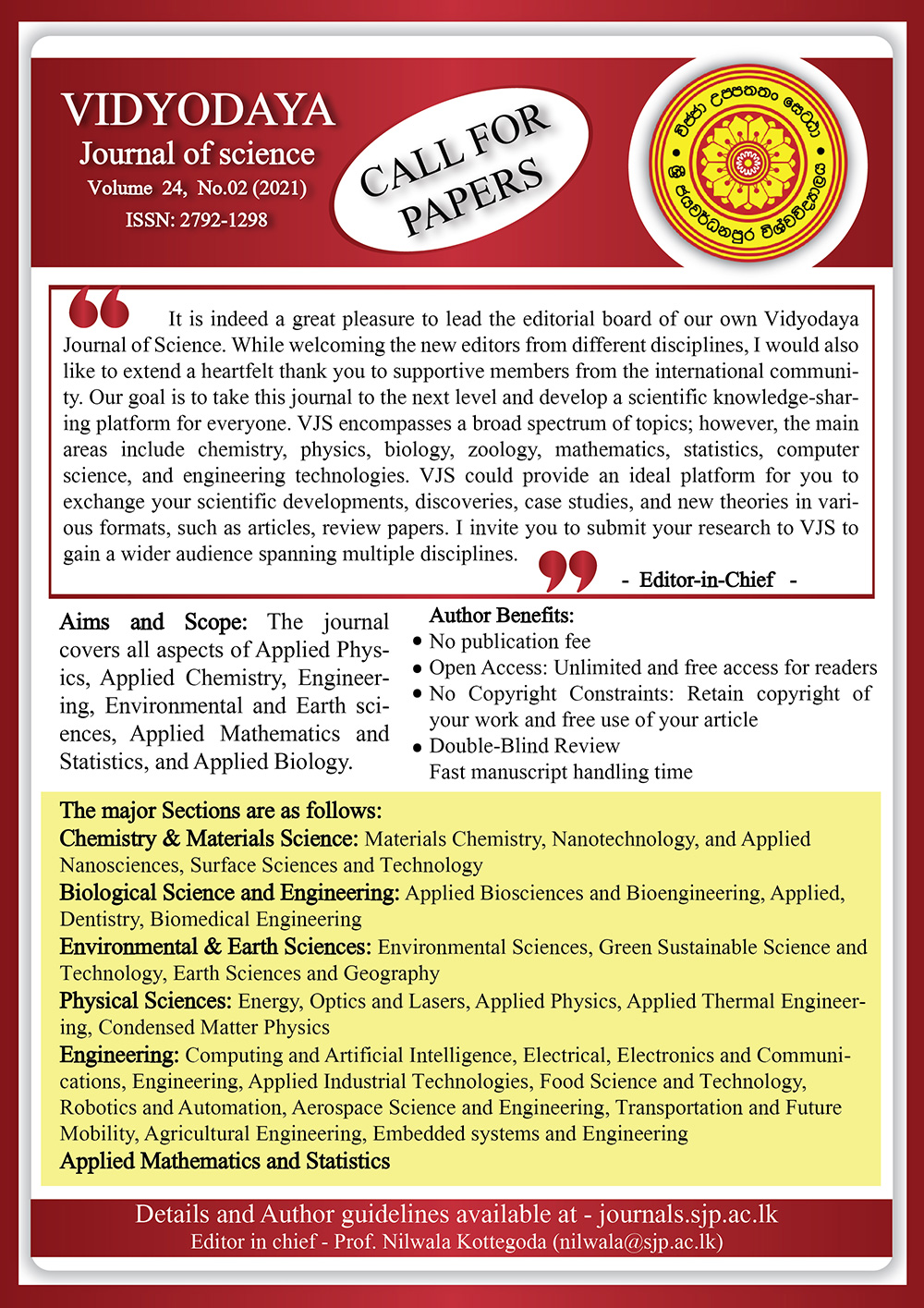Molecular Diagnostics for Infectious Diseases in Low or MiddleIncome Countries
DOI:
https://doi.org/10.31357/vjs.v27i02.7831Abstract
Infectious diseases remain a leading cause of morbidity and mortality in Low and MiddleIncome Countries (LMICs). Indisputably, molecular diagnostics is the key to a rapid and reliable identification of an infectious agent in clinical specimens. Unlike traditional techniques, such as microscopy and cell culture, molecular diagnostics can detect extremely low levels of pathogens within a short time and can provide additional information about the pathogen by looking at the genome. The term molecular diagnostics encompasses various laboratory techniques that directly target the DNA or RNA genome of pathogen, the proteome of a pathogen, or in an indirect manner, the immune reaction of the infected system to a specific pathogen. In a particular setting, molecular diagnostics can replace, support or confirm a clinical diagnosis and is specifically helpful for differential diagnosis in infectious diseases, that cross-present a high similarity in clinical symptoms




